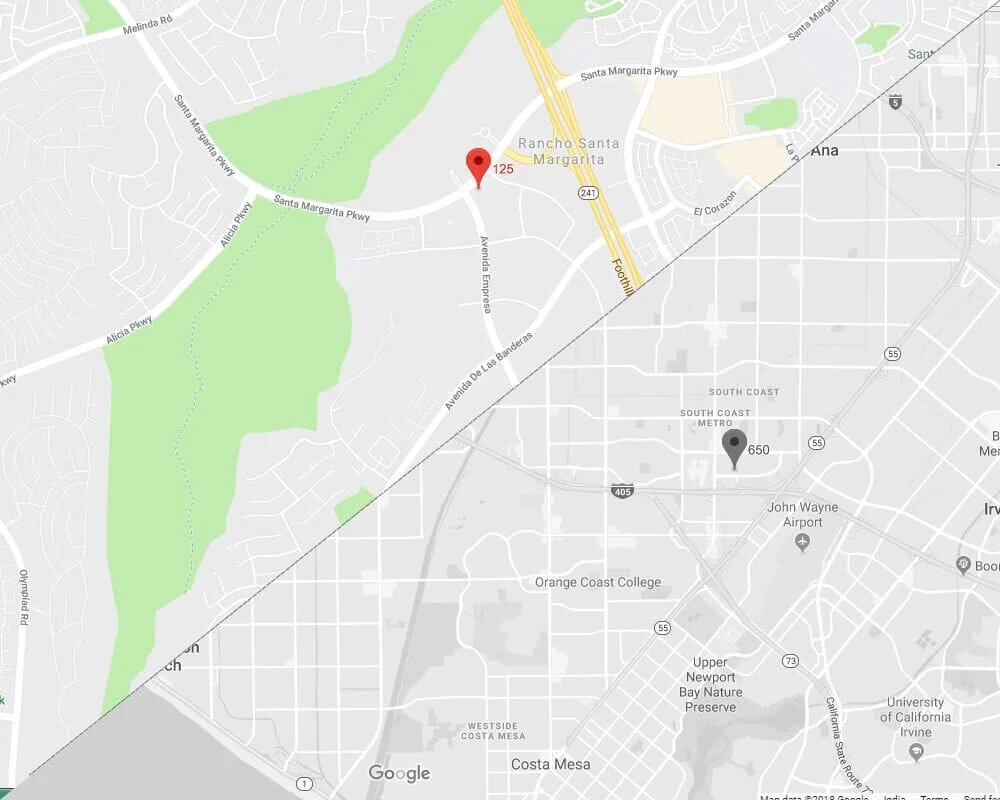
Crime Victims Have A Special Path To Immigration
If you’re familiar with U.S. immigration law, you may know that the federal government and State of California provide special protections from deportation for immigrants who are the victims of certain serious crimes. They also may extend these protections to the immigrants’ family members and even, eventually, give them legal status to remain in the United States.
Crimes that may qualify a victim for these immigration protections include a wide range, from domestic violence, blackmail, human trafficking, fraud in foreign labor contracting and much more.
Understanding the Immigrant Victims of Crime Equity Act
This special immigration path is called the U visa. In order to qualify for it, immigrants have to have suffered significant physical or mental abuse because of others’ criminal activity, and they must help, have helped or will help law enforcement officers in the investigation or prosecution of these crimes. California’s Immigrant Victims of Crime Equity Act requires state and local law enforcement officials to provide the necessary certified status to these immigrants in order to assist them in securing their U visas in exchange for their helpfulness.
Law enforcement agencies in California are required to provide this essential certification of helpfulness to these immigrants within 90 days of a request to do so. Otherwise, in the case of deportation proceedings, officials must certify the helpfulness of the victims within 14 days. Thankfully, a “rebuttable presumption” is also included in the law, which means that it can be presumed that the immigrants have been helpful or could be helpful to law enforcement, so long as the immigrants haven’t failed to help before when reasonably asked.
Legal help for immigration
If you or a family member are facing the complexity of immigrating to the United States, you need an experienced Costa Mesa attorney to help you through this sometimes challenging process to find the best path toward a future in America.
Learn More About What We Can Do To Help
We invite you to call us at 949-459-5900 to schedule your free initial consultation. You can also reach our firm by contacting us online.
Tell Us About Your Case
Each time we take a case, we look at the big picture: What can we do to best help solve the problem as efficiently as possible. We use our experience and creativity to propose solutions that allow you to put your legal matters behind you.
© 2025 Brown & Stedman LLP. All rights reserved.
